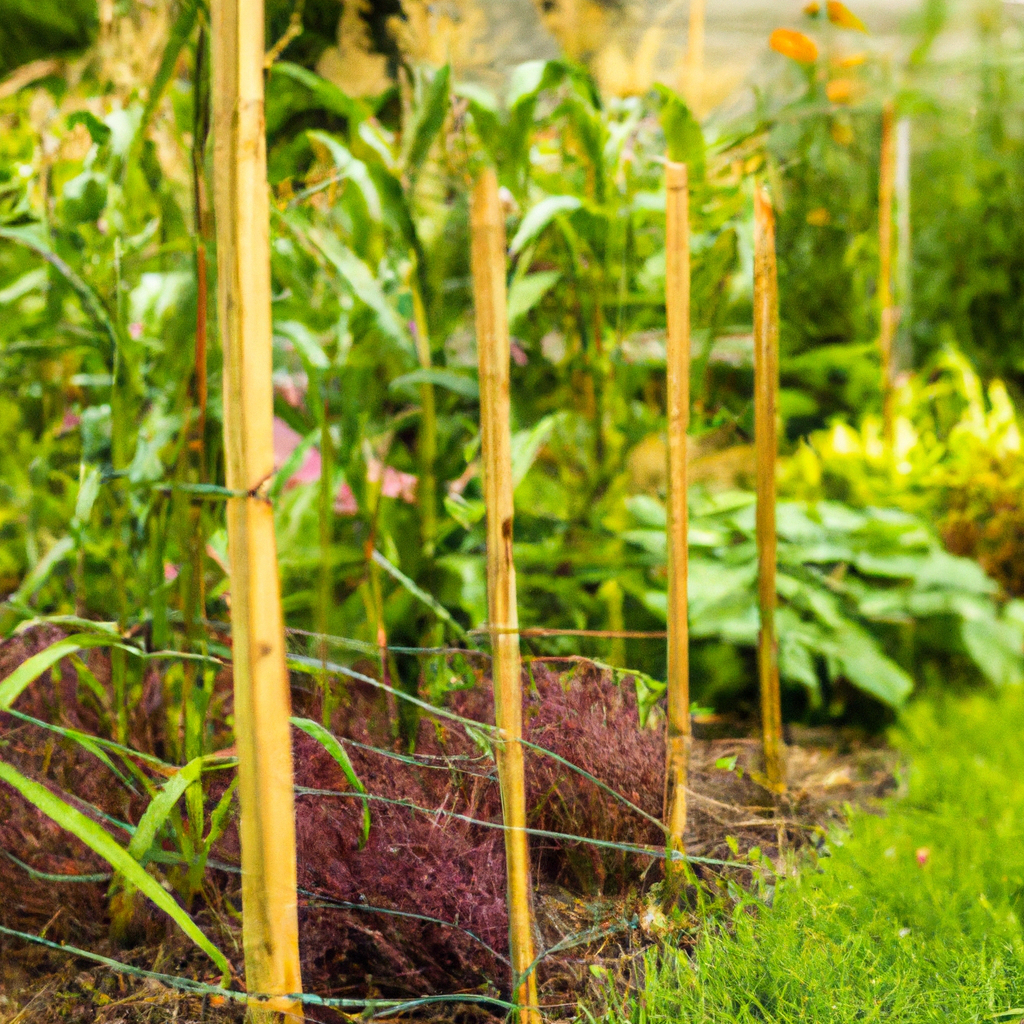Welcome to our comprehensive guide on organic pest control methods. If you’re an avid gardener or someone who simply enjoys spending time outdoors surrounded by nature, you understand the frustration of dealing with pests that can wreak havoc on your precious plants. However, resorting to harmful chemicals isn’t the only solution. In this article, we will explore effective organic pest control methods that will help you protect your garden without compromising the environment or the health of your plants. Let’s dive in!

Understanding the Importance of Organic Pest Control
Before we delve into the various organic pest control methods, it’s crucial to understand why opting for organic solutions is vital. Traditional pest control often involves the use of synthetic chemicals that can harm not only the targeted pests but also beneficial insects, wildlife, and even humans. These chemicals can contaminate soil, water sources, and food, posing a significant risk to the ecosystem and our overall well-being.
On the other hand, organic pest control focuses on utilizing natural alternatives to manage pests while promoting a healthy and balanced environment. By embracing organic methods, you not only protect your garden but also contribute to the preservation of biodiversity and the long-term sustainability of our planet.
Creating a Pest-Resistant Garden Environment
One of the fundamental principles of organic pest control is to establish a garden environment that naturally deters pests. By following these practices, you can significantly reduce the likelihood of encountering pest issues:
1. Proper Plant Selection
Choosing the right plant varieties for your garden plays a crucial role in preventing pest infestations. Opt for disease-resistant and pest-resistant plant varieties that are well-suited to your local climate and soil conditions. Native plants are often a great choice, as they have evolved to thrive in the local ecosystem and are naturally resistant to local pests.
2. Crop Rotation
Implementing a crop rotation strategy helps disrupt pest life cycles and reduces the risk of recurring infestations. By rotating your crops each season, you prevent pests from establishing permanent populations and depleting essential nutrients from the soil. Additionally, certain plants can repel specific pests, further enhancing the effectiveness of crop rotation.
3. Companion Planting
Companion planting involves strategically placing plants together to create mutually beneficial relationships. Some plants have natural repellent properties that can ward off pests, while others attract beneficial insects that act as natural predators. For example, planting marigolds near tomatoes can deter aphids, while attracting ladybugs that feed on these pests.
Natural Pest Control Methods
While preventive measures are essential, sometimes pests find their way into your garden. When that happens, employing natural pest control methods is the best course of action. Here are some effective techniques that will help you combat pests organically:
1. Biological Control
Biological control involves introducing natural predators, parasites, or pathogens to control pest populations. Ladybugs, praying mantises, and nematodes are examples of beneficial insects that can be introduced to your garden to target specific pests. This method is safe, environmentally friendly, and reduces reliance on chemical pesticides.
2. Physical Barriers
Creating physical barriers is an effective way to keep pests at bay. Use row covers, netting, or fences to protect your plants from insects and larger pests like rabbits or deer. Floating row covers made of lightweight fabric allow sunlight, air, and water to reach your plants while preventing pests from accessing them.
3. Homemade Organic Sprays
Homemade organic sprays can be made using common household ingredients and are a great alternative to chemical pesticides. For example, a mixture of water, soap, and neem oil can effectively control aphids and other soft-bodied insects. Garlic and chili pepper sprays are also useful against a wide range of pests.
4. Beneficial Insects
Attracting beneficial insects to your garden is an excellent long-term strategy for pest control. Plants such as dill, fennel, and yarrow attract pollinators and predatory insects like bees, hoverflies, and lacewings. These insects help control pest populations by either feeding on pests directly or pollinating plants, ensuring their health and resilience.
Conclusion
In conclusion, organic pest control offers a sustainable and environmentally friendly approach to safeguarding your garden from pests. By implementing preventive measures, creating a pest-resistant garden environment, and utilizing natural pest control methods, you can effectively manage pests without resorting to harmful chemicals. Remember, the key to successful organic pest control lies in maintaining a balance between pests and beneficial organisms while prioritizing the health of your garden and the planet. So, go ahead and unlock the secrets of organic pest control to protect your garden and enjoy the beauty of nature without any worries. Happy gardening!
